This is the first post in my “Greenwashing Series” where I talk about the good and the bad in the beauty industry. Stay tuned for product reviews based on product trial periods of 30+ days.
“Greenwashing” is the term used for when brands use deceptive marketing practices to advertise to a niche market of customers who value “all-natural” or “environmentally safe” products. When in actuality, the products being advertised to them contain ingredients that could potentially contribute to health problems from allergic contact dermatitis (ACD) to cancer and beyond.
One statistic, in particular, really woke me up to the reality that things may not be what they seem in the cosmetics industry:
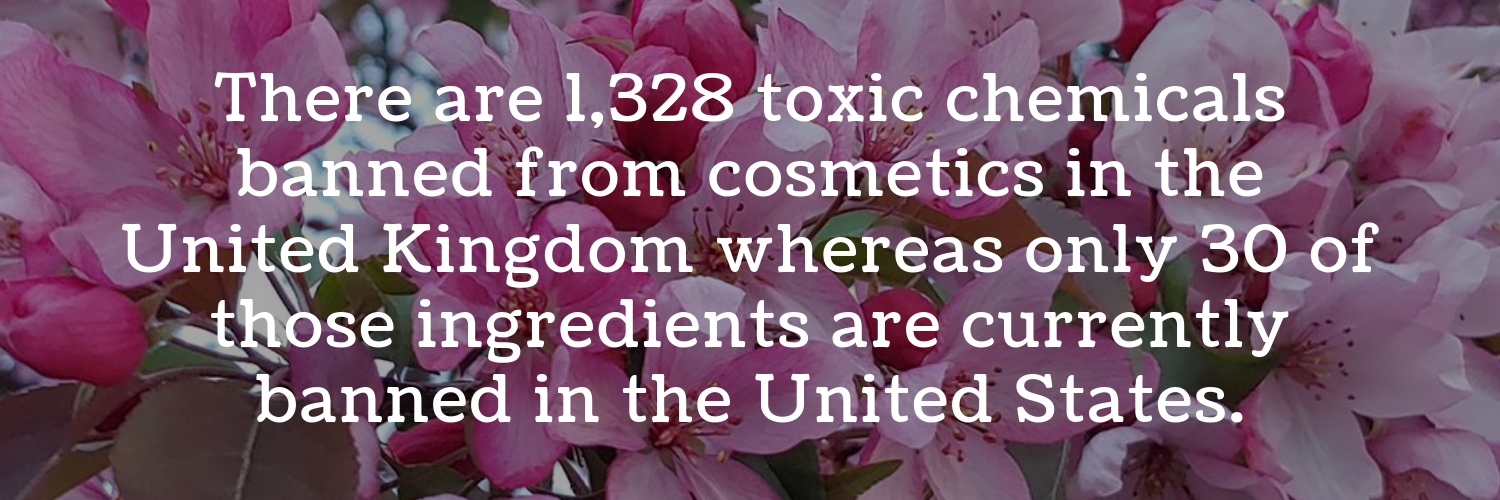
I sat there for a moment after reading this and really started to question what I have been putting on my skin. I went into the bathroom and opened up my skincare cabinet. I began pulling out all of my favorite products that I was previously inclined to believe as “natural” and “safe.” Oh boy, was I so incredibly mistaken and honestly pretty bummed out that I spent the money.
Upon closer inspection of St. Ive’s Apricot Scrub formula, this is what I discovered:
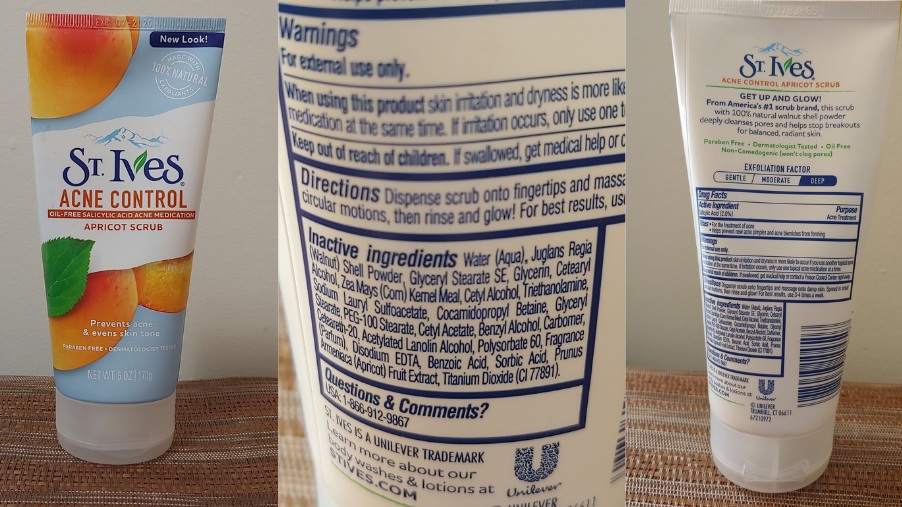
Toxic Ingredients
-
Triethanolamine: a surfactant and pH balancing toxic chemical with strong evidence pointing to human immune system toxicity or allergies and respiratory system toxicity or allergies. It can be used in cosmetics when formulated to be non-irritating. (1) My question is: why are you using an ingredient that you have to take the time to make “non-irritating?”
-
Cocamidopropyl Betaine: is a surfactant that has been linked to allergic contact dermatitis (eczema) and skin irritation. It was also named that Allergen of the Year in 2004 by The Dermatologist. (2)
I was so sad to find these ingredients in this scrub because I’ve loved and used it since middle school! St. Ive’s among other popular skincare brands (like the newly launched Kylie Skin) also use Walnut Shell Powder in their formula. This was the very ingredient that St. Ive’s was sued over in a class-action lawsuit in 2017 and subsequently thrown out due to insufficient evidence in December of 2018. (3) (4) Experts generally agree that chemical exfoliation is the way to go because it’s more gentle on the skin than a physical exfoliator.
I’m really hoping that St. Ive’s will make an effort to redo their formula with non-toxic ingredients and no walnut shell powder. I really don’t want to do any damage to my skin—it’s the only one I have.
St. Ive’s was acquired by Unilever in 2010. This leads me to believe that they have the resources and capacity to produce a higher quality, 100% pure, and all-natural skincare product at a good price point for their loyal customers.
I recently began the process of either throwing out, selling, or donating some of my products disguised as “natural.” It’s crazy how the thought never occurred to me to actually research the ingredients on the back of the label online. I just thought I could trust them. After all, their product probably wouldn’t be sold in stores like CVS if it wasn’t safe…
It’s so disappointing that there are so many brands out there using deceptive marketing practices to make you believe that their products are “natural” and “safe” when that’s just not the case.
The next time that you pick up a product just take a look at the ingredients label and note what you see… probably a ton of chemical names that you can’t even begin to try to pronounce. That should be the first red flag.
You’ll see all of these impressive terms on the front of the bottle designed to make you more inclined to make a purchase. This could be the second red flag.
Here are just a few of the common terms that greenwashing brands will use to persuade you to make a purchase:
-
Dermatologist Recommended
This doesn’t actually hold as much weight as you might have come to think. I always thought that this meant a dermatologist sat down in a lab with the product and thoroughly examined it, but it actually just means that a dermatologist reviewed and recommended it. They don’t necessarily need to screen it or test it out for themselves. It could be as simple as taking the
from a brand in exchange for their endorsement.
-
Sulfate & Paraben Free
Yes, there are no sulfates and parabens in the product, but what’s going on in the back on the ingredients label that they aren’t telling you about? Check the back of the label to make sure there are no other hidden toxic ingredients.
-
Plant-Based
Nope—just because it’s plant-based doesn’t mean that it’s a “natural” product.
I slowly and solemnly walked over to my bathroom countertop just praying that my Jergens Natural Glow did not have the very same cocktail of crap. I knew that there was no way, (being a self-tanning product and all), but I held my breath, crossed my fingers, and took a peak.
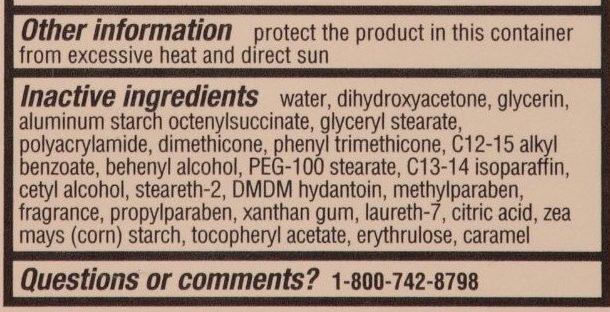
Toxic Ingredients
-
DMDM hydantoin: is an antimicrobial preservative and formaldehyde releaser. It is also a known immune system toxin and allergen.
There is also limited evidence from a study conducted at the International Research Agency on Cancer (IARC) that points to this ingredient as potentially cancerous.
-
Methylparaben & Propylparaben: are fragrance additives and preservatives that are a part of the paraben family. There is strong evidence linking these parabens to human endocrine system disruption (which is responsible for our hormone production). There is also a moderate amount of research suggesting that Methylparaben and Propylparaben are human toxicants and allergens.
You can learn more about some of the many toxic chemicals the United States is allowing into our skincare on Kristen Arnett’s blog within her Toxic Ingredient Glossary.
All of this being said, you’re probably now wondering where to turn. You’re confused and slightly disturbed. What the hell brands you can actually trust? Don’t worry. I’ll be recommending and reviewing 100% all-natural and non-toxic skincare products that actually work in upcoming posts.
Follow along with me on Instagram for those post announcements!
I’m still working out the kinks on my all-natural-skincare and cosmetics journey. I honestly can’t afford to just throw out all of my skincare and makeup which is most unfortunately littered with a slew of toxic ingredients. Anybody with me?
I’m taking this one product at a time and making a gradual switch. The reality is that these skincare products can’t kill you overnight, but it’s a good idea to get educated and to make the switch.
Tell me what you’ve found in your skincare below! What “greenwashing” brands are you currently ditching for the real-deal?





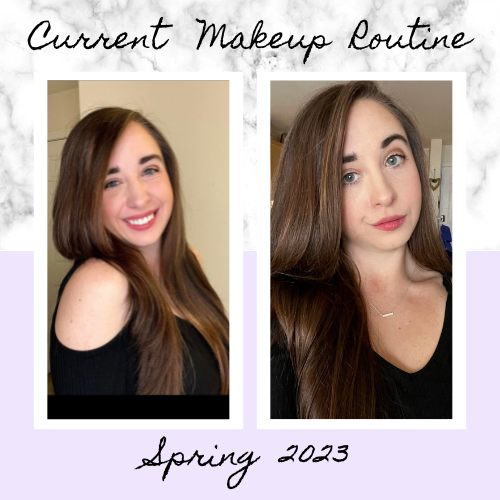
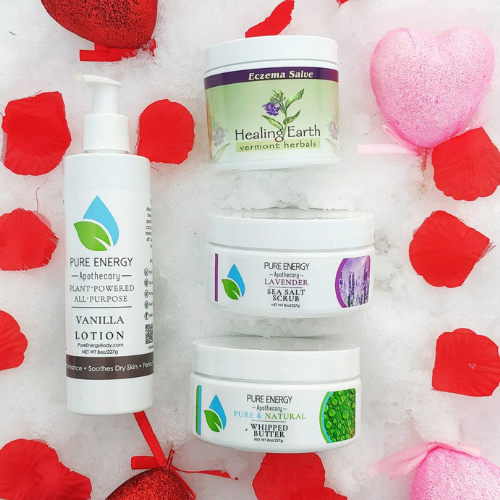
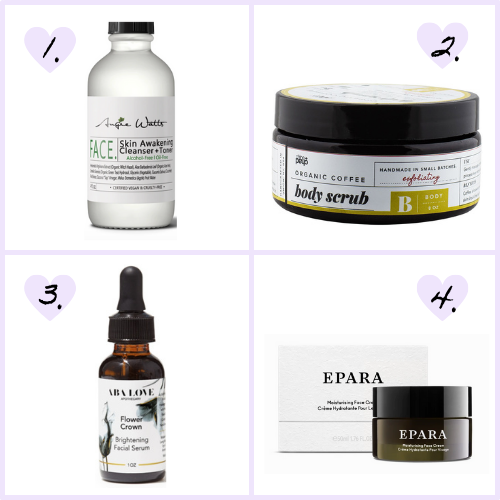


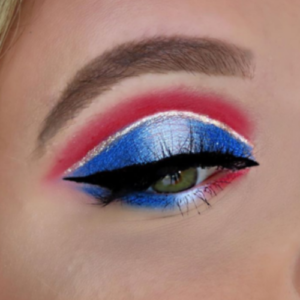
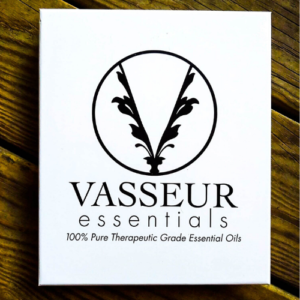


 @myersbagelsbtv sesame
@myersbagelsbtv sesame 


 Sweet Thai chili roasted te
Sweet Thai chili roasted te


